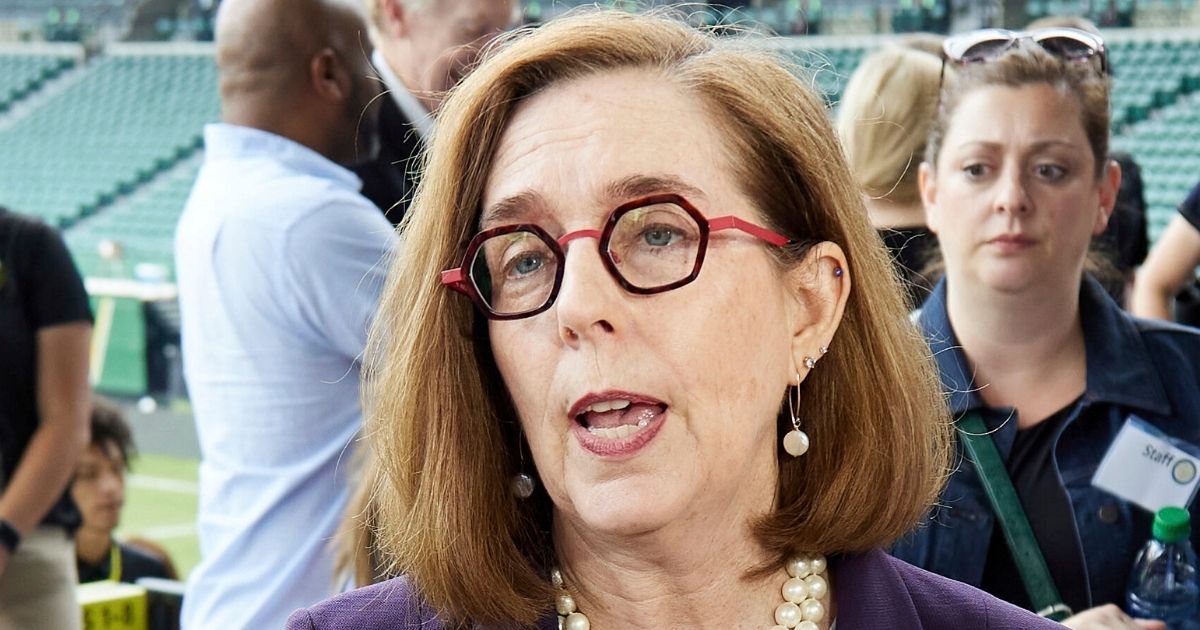I sent this link out to a few select teacher friends of mine. One of them turns out to be a lib. Didn't know that. He is a director of ed somewhere. Here is his response.
Obviously partisan article from an obviously partisan webpage notwithstanding, I can understand the point Oregon is going for, agree with the approach or not. It looks to me like they are targeting historically under-funded and under-represented populations. Factor in a lot of the Covid restrictions, the impacts may be pretty big. Not everyone was as lucky as I to have a stay-at-home mom who happens to be a teacher when all the shutdowns happened. Or to have laptops sent home with my son when we had to quarantine for a few days. I guess if I could simplify their thought process into two choices it's a) recognize the factors that lead to deficiencies, try to work around as best as possible, and hope that the students graduate as they have in the past and no get lost in a world that is more reliant on post-secondary credentials or b) recognize the factors that lead to deficiencies, modify the expectations for secondary completion while still helping students meet targets, and try to get them on a path that won't hinder them past high school.
From the last section listed in the law, it seems like this is temporary (as it was declared an emergency), which makes me think it's very much related to Covid and the disparities that may have arisen as a result of school closures.
I responded "But they can't read or write after 12 years of school."
Thoughts?

www.westernjournal.com


